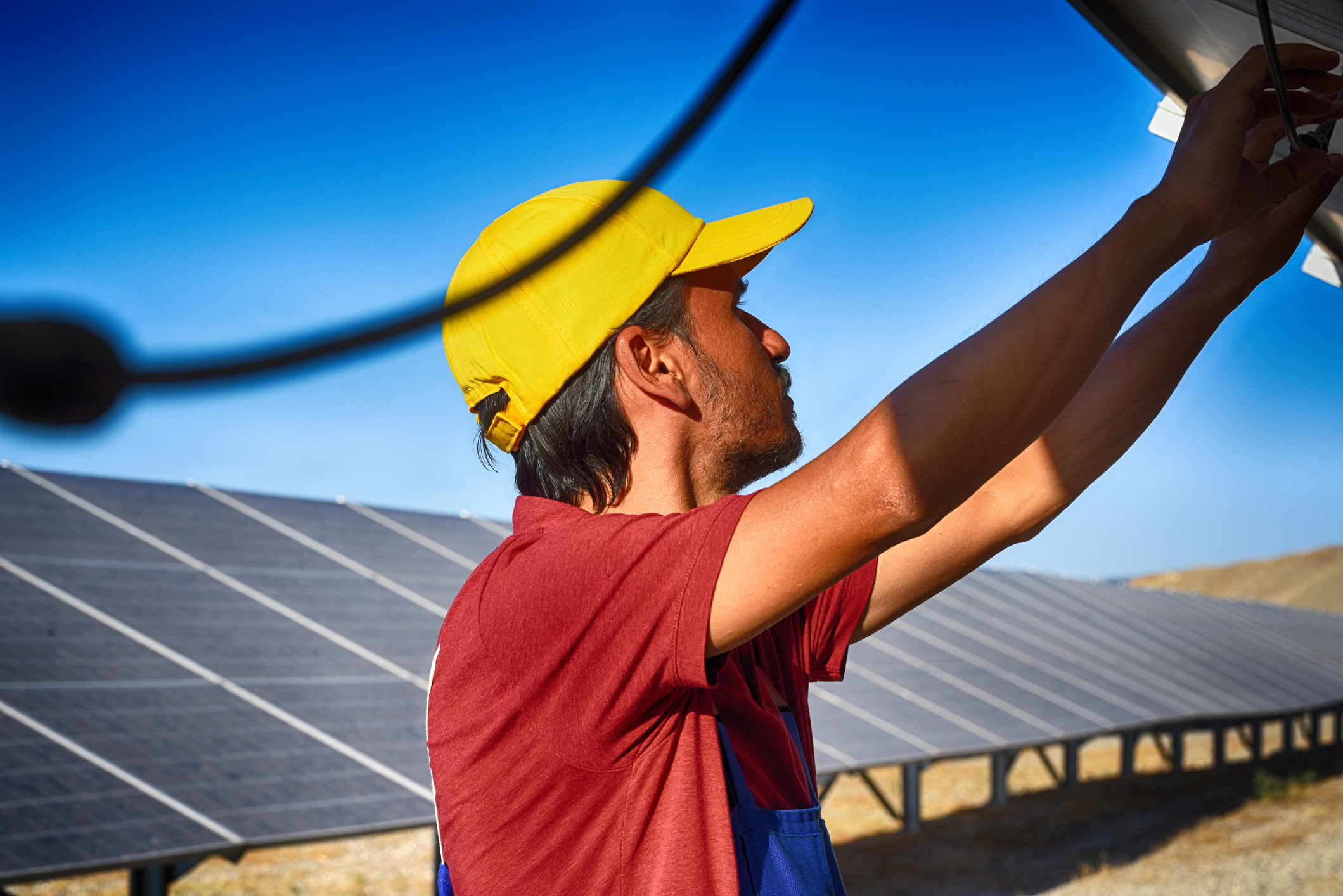- While the energy sector is hurting due to COVID-19 induced lockdowns, renewable energy provider Sunrun purchased its strongest competitor in a billion-dollar move to expand operations.
- The deal will enable $90 million annually in cost savings and reduce the cost of equipment such as rooftop solar panels and batteries.
- The company is betting on data showing residential electricity consumption is inching up as Americans wait out the pandemic at home.
While the energy sector is retrenching under the economic stress brought on by the pandemic, renewable energy provider Sunrun purchased its strongest competitor in a billion-dollar move to bring solar power to the masses.
Residential rooftop solar technology company Sunrun is set to buy Vivint Solar in a deal valued at $3.2 billion, even as the U.S. Energy Information Administration projects consumer appetite for electricity this summer will be the lowest in the United States since 2009. Demand is down because of the decline in commercial and industrial activity due to the COVID-19 induced lockdowns.
The bright spot is that states like California, where Sunrun is based, are expecting home energy consumption to rise by 20% as Americans wait out the pandemic at home. That’s why Sunrun is seizing the moment to expand their business and chip away at carbon emissions that lead to climate change, says its Chief Financial Officer Tom von Reichbauer.
“We think there’s an opportunity to build a larger, leading brand in the solar space to help us bring in more affordable clean energy to more people,” von Reichbauer told Karma. “For decarbonisation, the right time is always the present.”
The deal is a few months away from closing, but the merger would create a company with $5 billion dollars in market capitalization and over 3 gigawatts of solar power assets on its balance sheet. For now, Sunrun is listed on Nasdaq while Vivint is trading on the New York Stock Exchange.
The new entity, which has not been named, would employ about 9,000 people servicing nearly half a million customers. The merger will create economies of scale enabling about $90 million in cost savings yearly that will bring down the cost of their offerings such as rooftop solar panels and batteries, von Reichbauer says.
The deal is also aimed at attracting ESG-focused investors that bet on larger firms, he said.
Americans are attracted to the energy independence gained from the expansion of renewable energy, according to the Pew Research Center. However, rooftop solar has reached only 3% of households in the U.S., says Sunrun, which aims to create virtual power plants.
Utilities are increasingly looking to use consumer-generated power by drawing on batteries connected to the grid during periods of peak consumption. The trend allows utilities to retire some fossil fuel power plants that are kept in standby mode. Sunrun has already struck deals with companies such as Southern California Edison to supply energy back to the grid.
Overall, the EIA expects renewable energy’s share of electricity generation will increase this summer compared with the same period last year due to new capacity coming online in the Midwest region and Texas. Wind’s share of electricity generation will grow by 7% this season, while utility-scale solar will rise by 3%.
Sunrun has been impacted by the pandemic. It laid off about 100 workers and furloughed 60 employees in April, Business Insider reported.
Still, the company adapted to the crisis. It created smaller teams of personnel to install its rooftop solar equipment and limited contact with customers by doing home assessments by teleconferencing or using a fleet of drones to survey equipment and homes.
Unlike some companies in the aviation sector or the oil and gas industry, the solar company did not apply for government aid to weather the rough spot, because it has been cash-flow positive since the second quarter of 2017, von Reichbauer says.
“We’ve got strong foundational economics that make it such that we didn’t feel the need to do that,” he told Karma. “We took swift actions at the beginning of this to really position ourselves well for what we thought was going to be a long, protracted downturn. The good news is things have [improved] fairly quickly in many respects.”






















